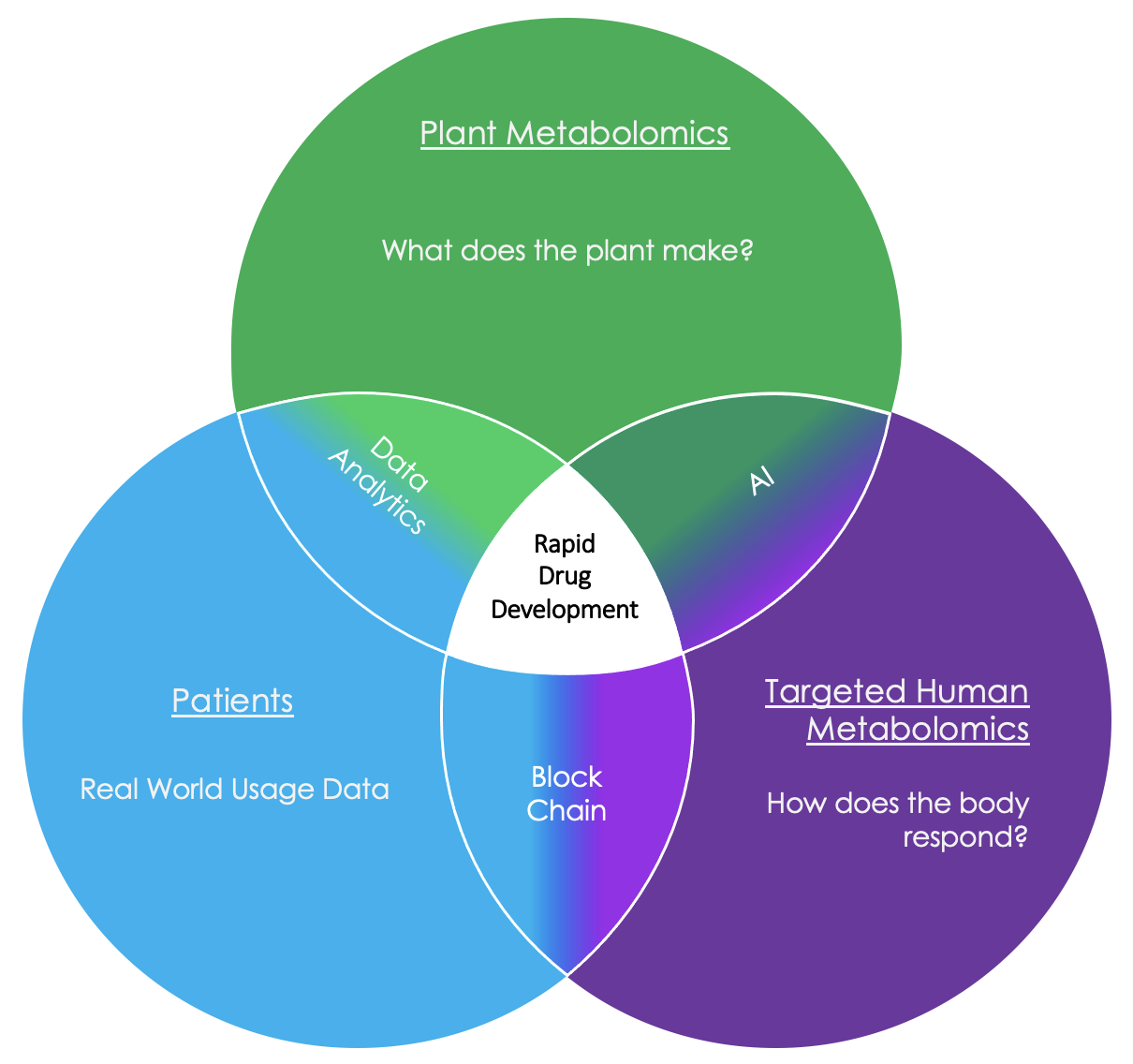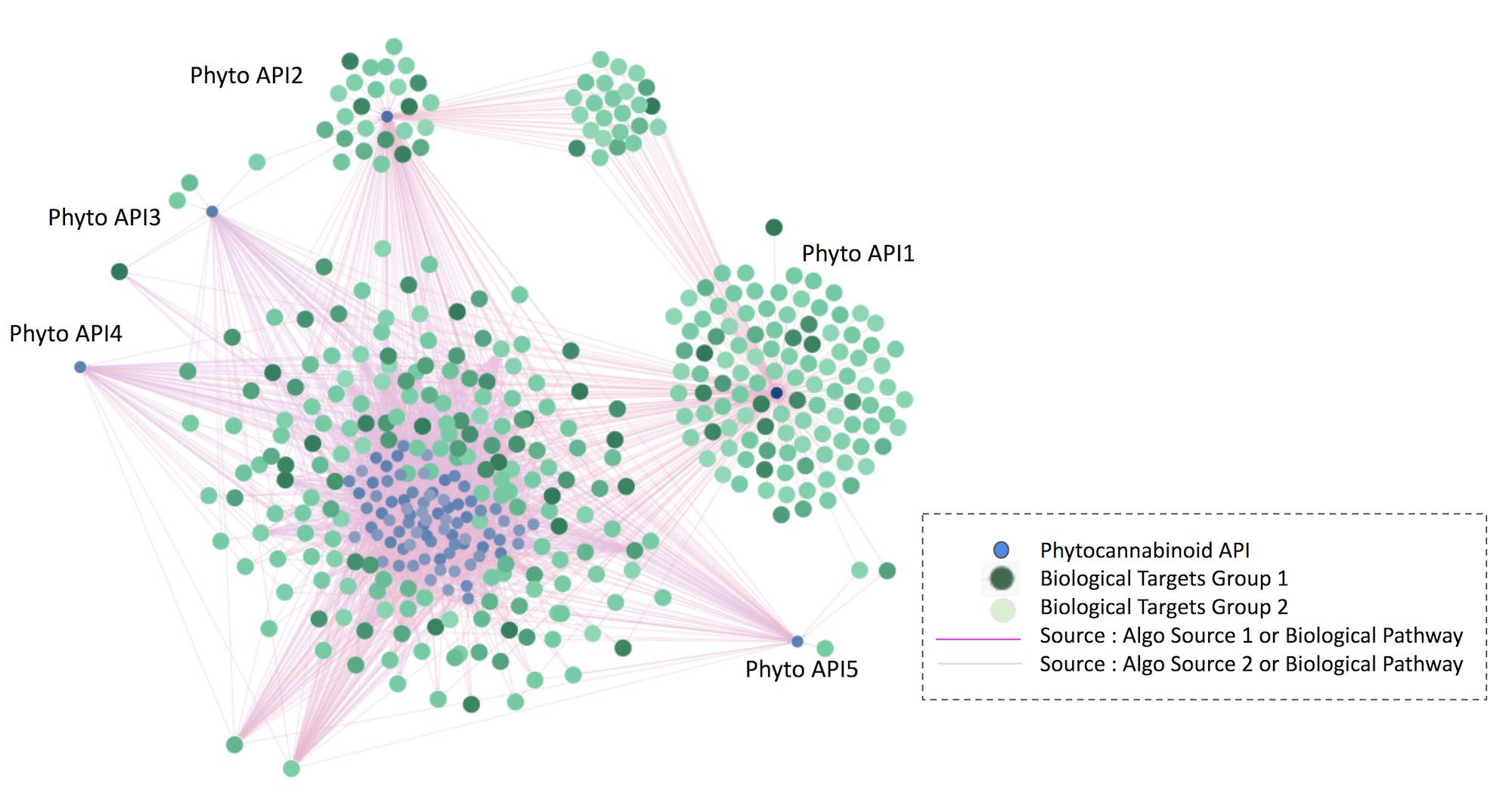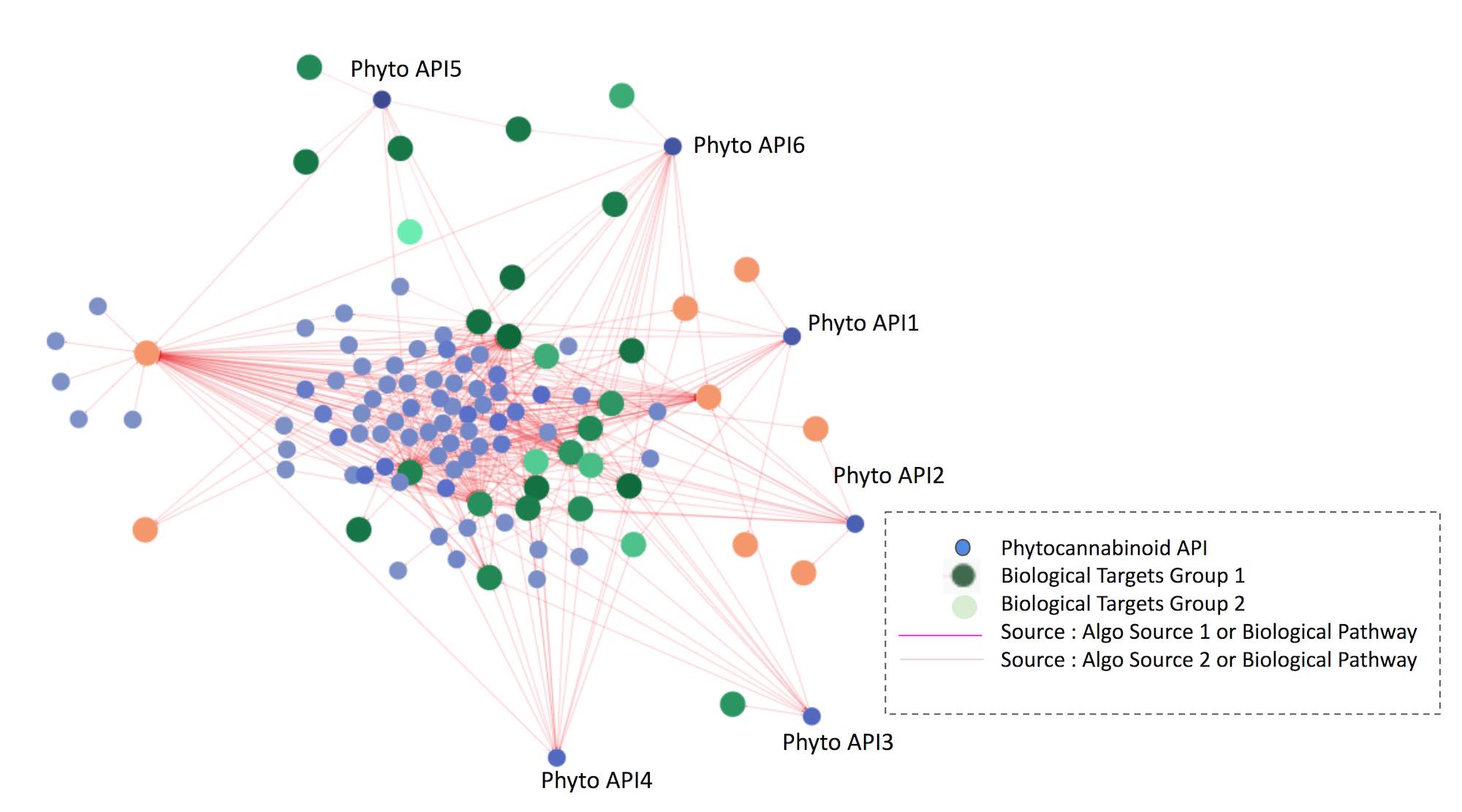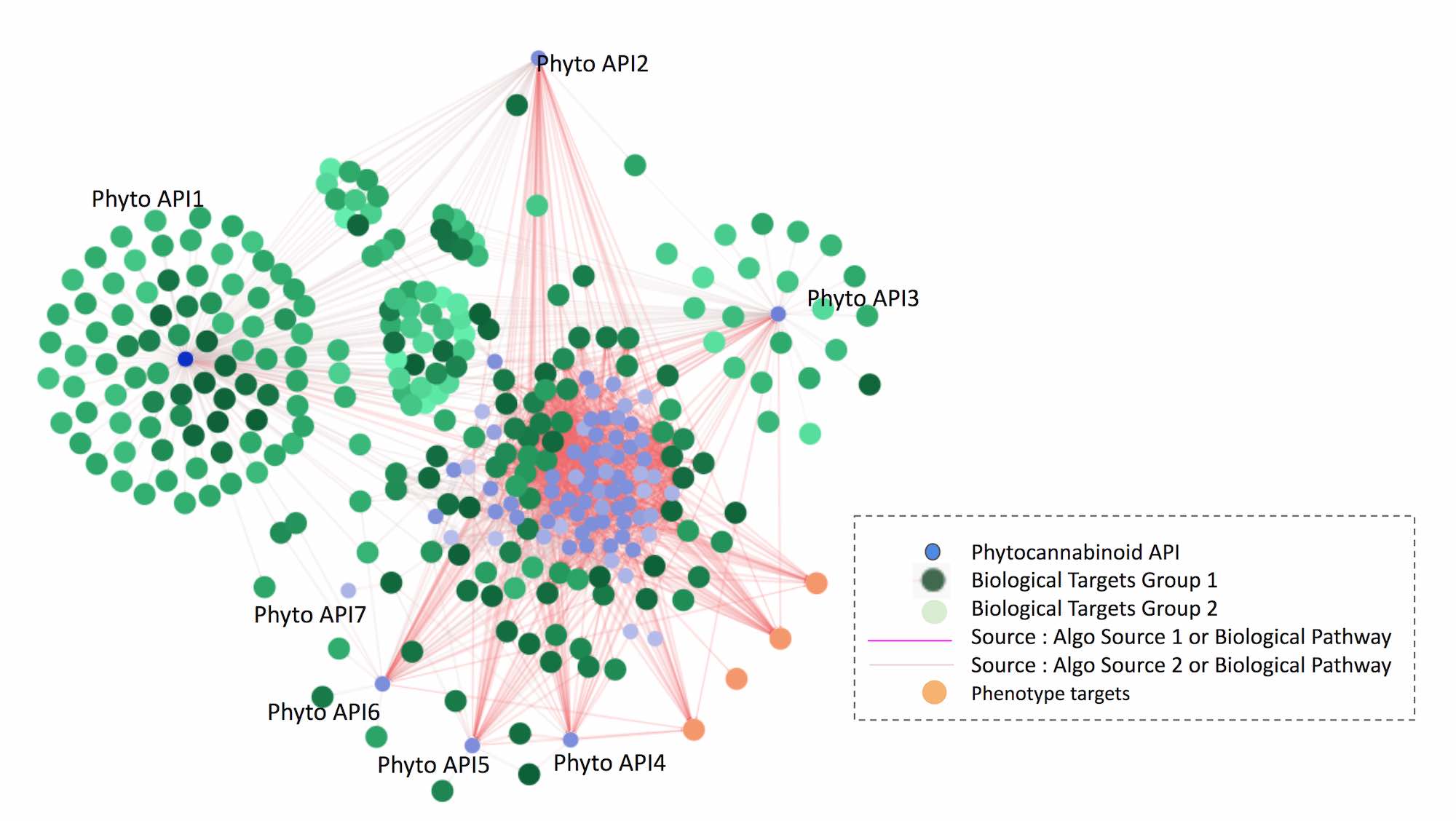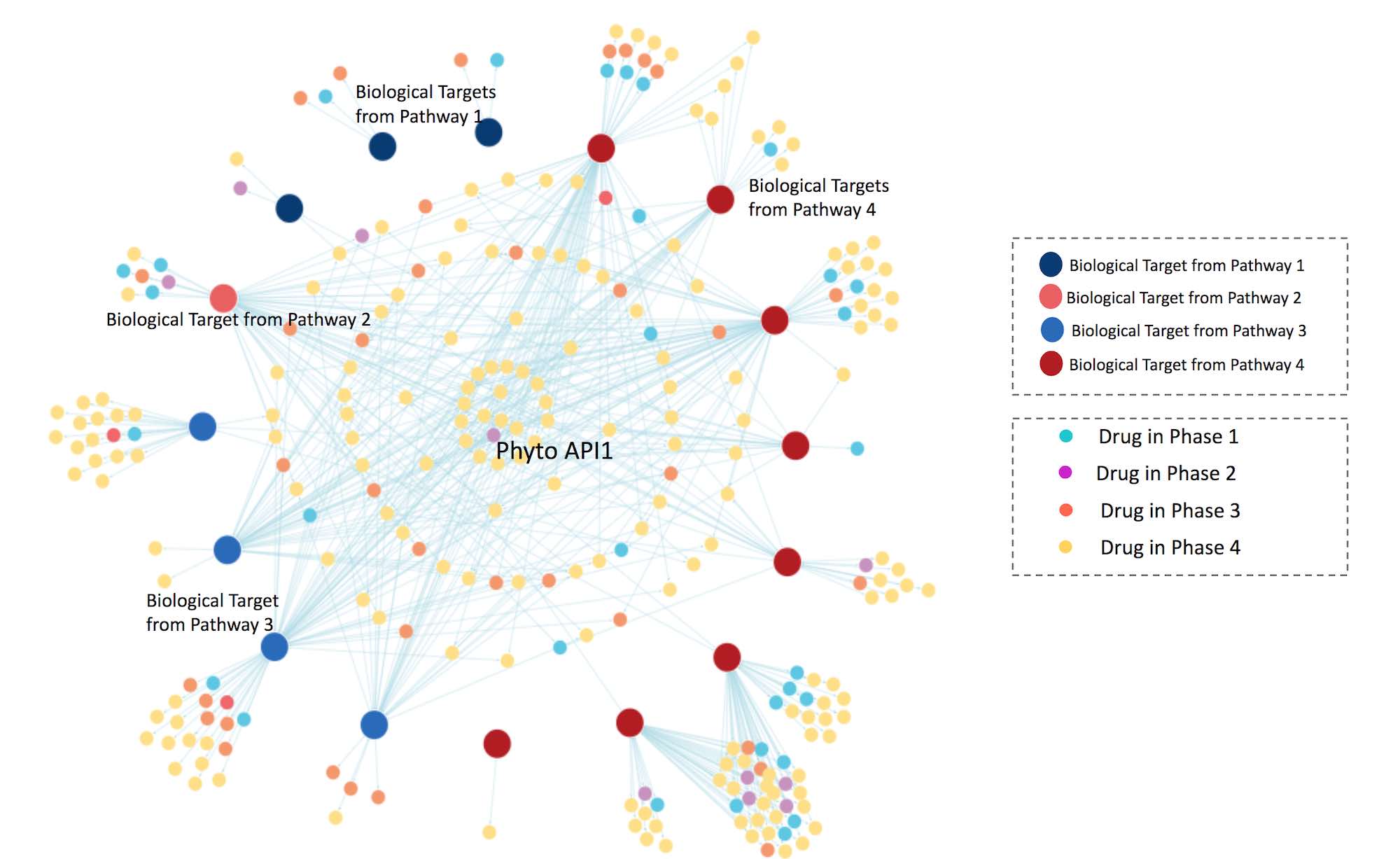The cannabis plant produces over 400 bioactive compounds and was responsible for the discovery of the human endocannabinoid system in the early 1990s. Depending on how these compounds are isolated from the plant, further byproducts can be produced; only confounding the possibility of describing the mechanisms of how plant cannabinoids may function in the body. Interaction of phytocannabinoids with endogenous targets, be they classically defined endocannabinoid or non-endocannabinoid targets, have been described through multitudes of basic and applied research; however, a clear role for these interactions remains an open question. It may be the case that for certain illnesses, the functional effects are not realized through interaction with the endocannabinoid system per se, but through any number of endogenous targets not classically thought of as endocannabinoid related.
In spite of this lack of functional clarity, the usage of cannabis raw material as a medical therapy has far outpaced the actual understanding of which molecules are performing what function and at which targets. This would be a significant problem if little efficacy or high levels of toxicity where observed, but neither is the case. Usage of cannabis raw material is increasing around the world and presents a unique opportunity for acquiring valuable insights for drug discovery.
The role of data analytics, machine learning and artificial intelligence is gaining an unavoidable role in drug discovery. The ability to rationalize large amounts of data in rapid time frames, from a variety of sources, is revolutionizing medical and pharmaceutical technologies, allowing for metabolomics and real-world data to be incorporated at the earliest stages, and throughout the drug discovery process. The benefits of AI and machine learning are decreased labor intensity of analytics, removing human error in computation, increased speed for routine processes, higher predictability and prescriptive potential, the ability to identify subtilties easier without diminishing the importance of the human understanding. In the case of drug discovery, AI is not making the ultimate decisions, but significantly enhancing the human ability to make the proper decision when faced with enormous amounts of data from a variety of sources in a variety of formats.
Chain Pharmaceuticals is leveraging these technological advances in computing to continually analyze existing published data, rationalize real world data, and incorporate metabolomic data to expedite the design of efficient and sustainable phytocannabinoid pharmaceuticals with significantly lower upfront costs.
On the right are a set of data analytic outputs showing the interaction of specific phytocannabinoids with specific biological targets known to be functionally relevant in four specific diseases.


